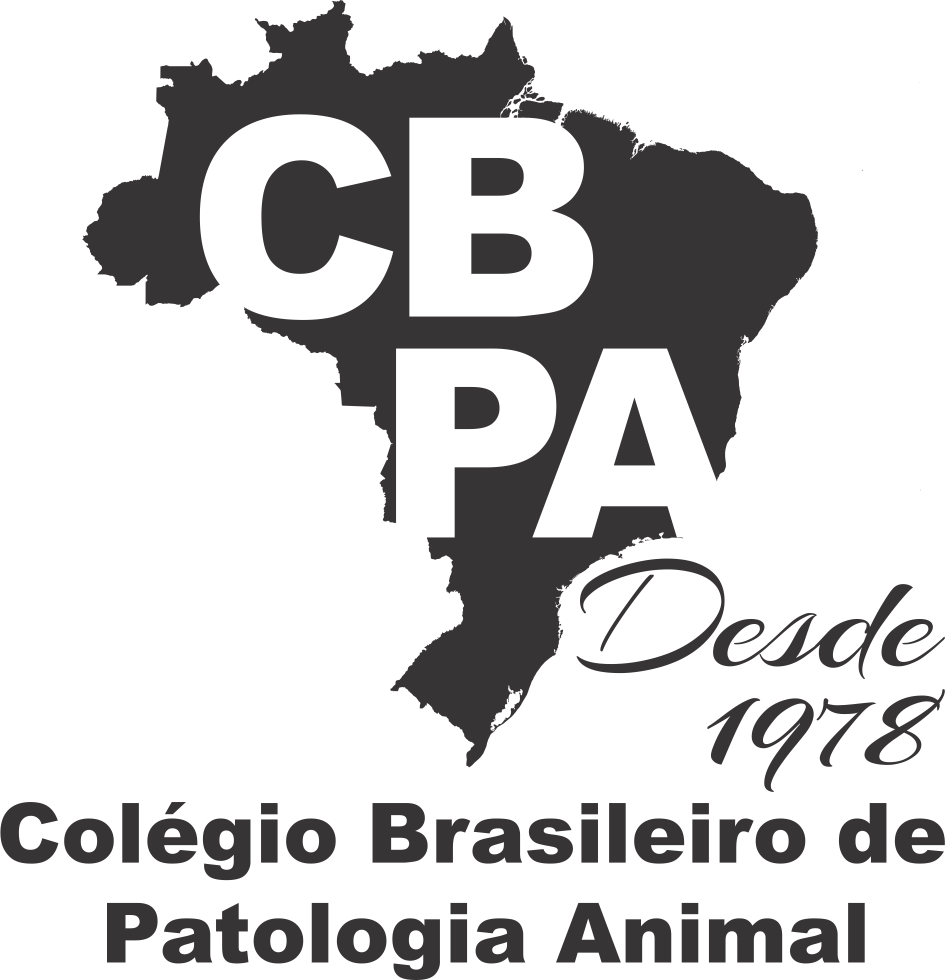Resultado da pesquisa (1)
Termo utilizado na pesquisa anti-ophidian serum
#1 - Liver function of mares submitted to Bothrops antigen inoculation for the production of anti-ophidian serum
Abstract in English:
Ophidian accidents have been a medical and veterinary challenge. The only treatment available and recommended by the World Health Organization and the Ministry of Health is serotherapy. This study evaluated the liver function of equines submitted to the immunization protocol currently used by the “Instituto Vital Brazil” to produce anti-Bothrops serum. Five equines were evaluated with Bothrops venom inoculation during three immunization cycles. Blood samples were taken for a biochemical test and a liver assessment due to the damage caused to the liver. The biochemical data that presented significant differences in all animals compared to baseline were AST, ALT, GGT, FA, GLDH and serum protein. Creatinine did not change throughout the experiment. The results obtained suggest that liver alterations may occur throughout the three immunization cycles. There is a great need for new studies aimed at broadening knowledge about venom inoculation protocols in serum producer equines and minimizing the adverse effects of immunization.
Abstract in Portuguese:
Acidentes ofídicos têm sido um desafio médico e veterinário. O único tratamento disponível e preconizado pela Organização Mundial da Saúde e pelo Ministério Saúde é a soroterapia. O presente estudo avaliou a função hepática dos equinos submetidos ao protocolo de imunização empregado atualmente pelo Instituto Vital Brazil para produção do soro antibotrópico. Foram avaliados cinco equinos com inoculação de veneno Botrópico durante o período de três ciclos de imunizações. Amostras de sangue foram coletadas para realização de exame bioquímico e avaliação hepática por conta das lesões causadas no fígado. Os dados bioquímicos que apresentaram diferenças significativas, em todos os animais, comparados ao tempo basal, foram AST, ALT, GGT, FA, GLDH e proteína sérica. Creatinina não apresentou alteração ao longo do experimento. Os resultados obtidos sugerem que ao longo dos três ciclos de imunização podem ocorrer alterações hepáticas. Há uma grande necessidade de novos estudos com objetivo de ampliar o conhecimento acerca dos protocolos de inoculação de veneno nos equinos soroprodutores e minimizar os efeitos adversos da imunização.








